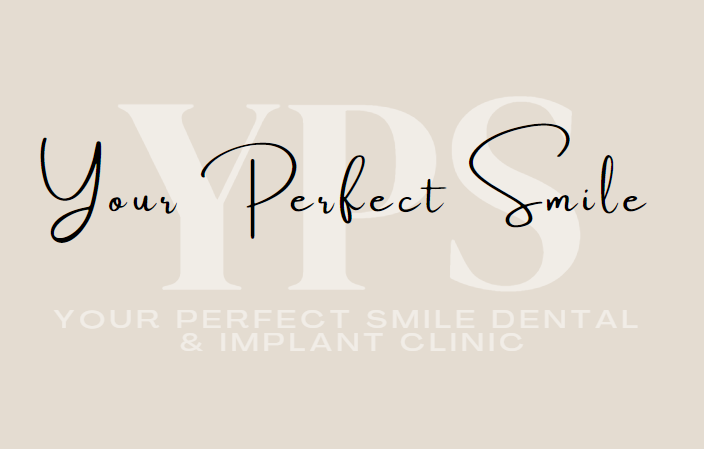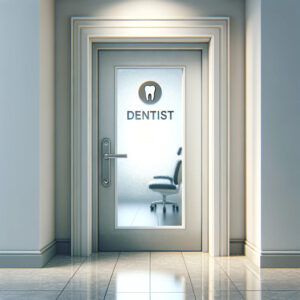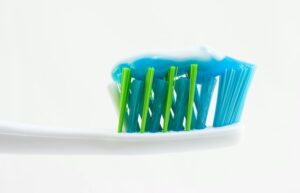Cosmetic Dental Bonding: A Quick FAQ
What is Cosmetic Dental Bonding?
Cosmetic Dental Bonding involves applying a tooth-colored composite resin to damaged or imperfect teeth, sculpting it to the perfect shape, and then hardening it with a special light. This procedure can dramatically improve the appearance of your teeth, making it a popular choice for cosmetic dental enhancements.
Who is a Good Candidate for Dental Bonding?
Ideal candidates are those looking to repair minor dental imperfections such as chips, cracks, gaps between teeth, or discoloration. It’s also suitable for patients seeking an affordable and less invasive alternative to veneers or crowns.
How Long Does the Procedure Take?
Typically, dental bonding procedures can be completed in one visit to the dentist, usually lasting between 30 to 60 minutes per tooth. The duration may vary depending on the extent of the repair needed.
Is the Procedure Painful?
Cosmetic dental bonding is generally painless and doesn’t require anesthesia unless it’s being used to fill a decayed tooth. Patients can expect a comfortable experience with minimal discomfort. However, for your increased comfort, you can easily request an anesthetic.
How Long Does Dental Bonding Last?
With proper care, dental bonding can last from 3 to 10 years before needing any touch-ups or replacements. Its longevity depends on the bonding’s location on your teeth and your oral hygiene practices. If your bonding is on incisal edges and you are grinding your teeth or you are not careful with the hard food it can chip a lot sooner.
How to Care for Bonded Teeth?
Caring for bonded teeth is simple. Practice good oral hygiene by brushing twice daily, flossing regularly, and visiting your dentist for routine check-ups. Avoid habits that can damage your teeth, like chewing on hard objects or ice. Avoid dark food and drinks which can stain the bonding.
Can Dental Bonding Be Used to Lengthen Teeth?
Yes, dental bonding can be effectively used to lengthen teeth that may appear too short due to wear or genetics. By adding resin material to the edge of the tooth, it can be shaped to a more desirable length, enhancing your smile’s overall appearance.
Does Dental Bonding Stain Over Time?
Like natural teeth, the resin used in dental bonding can stain over time, especially with exposure to substances like coffee, tea, red wine, and tobacco. However, bonding material might stain more easily than natural teeth. Regular cleanings and avoiding stain-causing foods and drinks can help maintain the brightness of bonded teeth.
Can Bonded Teeth Be Whitened?
The resin material used in dental bonding does not respond to traditional teeth whitening treatments. If you’re considering whitening your teeth, it’s recommended to do so before having dental bonding done. This way, the bonding material can be matched to your newly whitened teeth.
Is Dental Bonding Reversible?
Yes, one of the advantages of dental bonding is that it is a reversible treatment. Since the procedure involves minimal alteration to the original tooth structure, it can be removed or replaced without permanent changes to your teeth.
How Does Dental Bonding Compare to Veneers?
Dental bonding and veneers both aim to improve the appearance of your teeth but differ in material, procedure, longevity, and cost. Bonding is less expensive and can be done in a single visit using a resin that is applied directly to the tooth. Veneers are made from porcelain, offer a longer-lasting result, and require at least two visits. The choice between the two depends on your specific dental needs, budget, and desired outcome.
What Should I Do if My Bonded Tooth Chips or Breaks?
If your bonded tooth chips or breaks, contact your dentist as soon as possible. The bonding can often be easily repaired or replaced, depending on the extent of the damage. Avoiding hard foods and not using your teeth as tools can help prevent such incidents.
Conclusion:
Cosmetic dental bonding offers a versatile and accessible solution for enhancing your smile, with the added benefits of being quick, affordable, and minimally invasive. Whether you’re looking to fix a minor imperfection or seeking an alternative to more extensive cosmetic procedures, dental bonding might be the ideal choice for you. Always consult with your dentist to ensure the best care and outcome for your smile.






Recent Comments